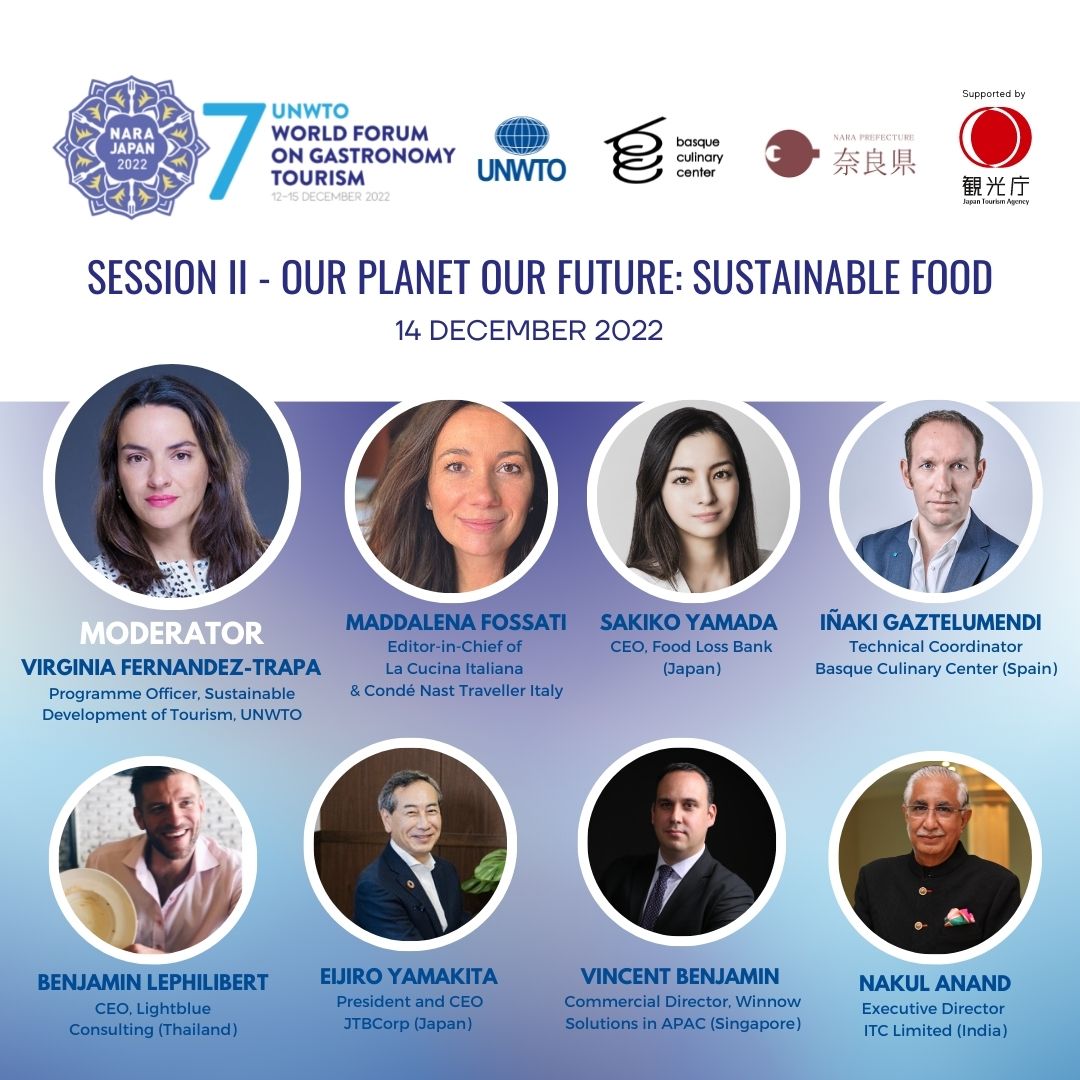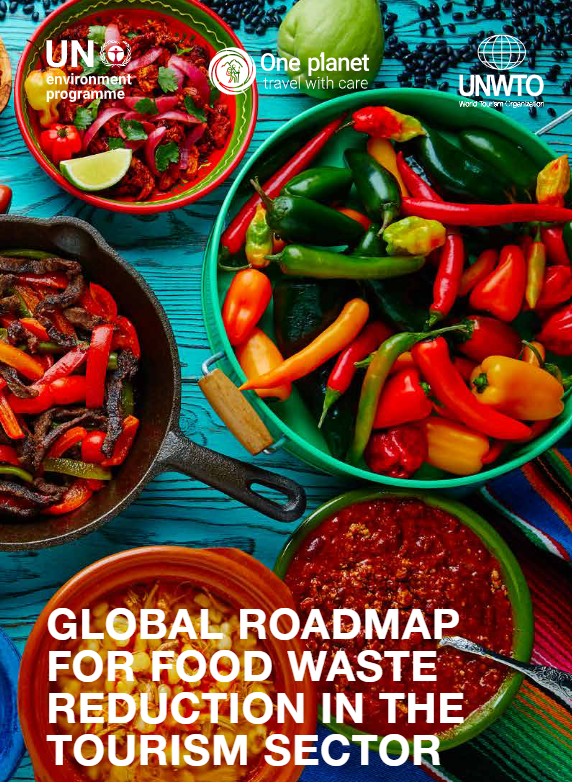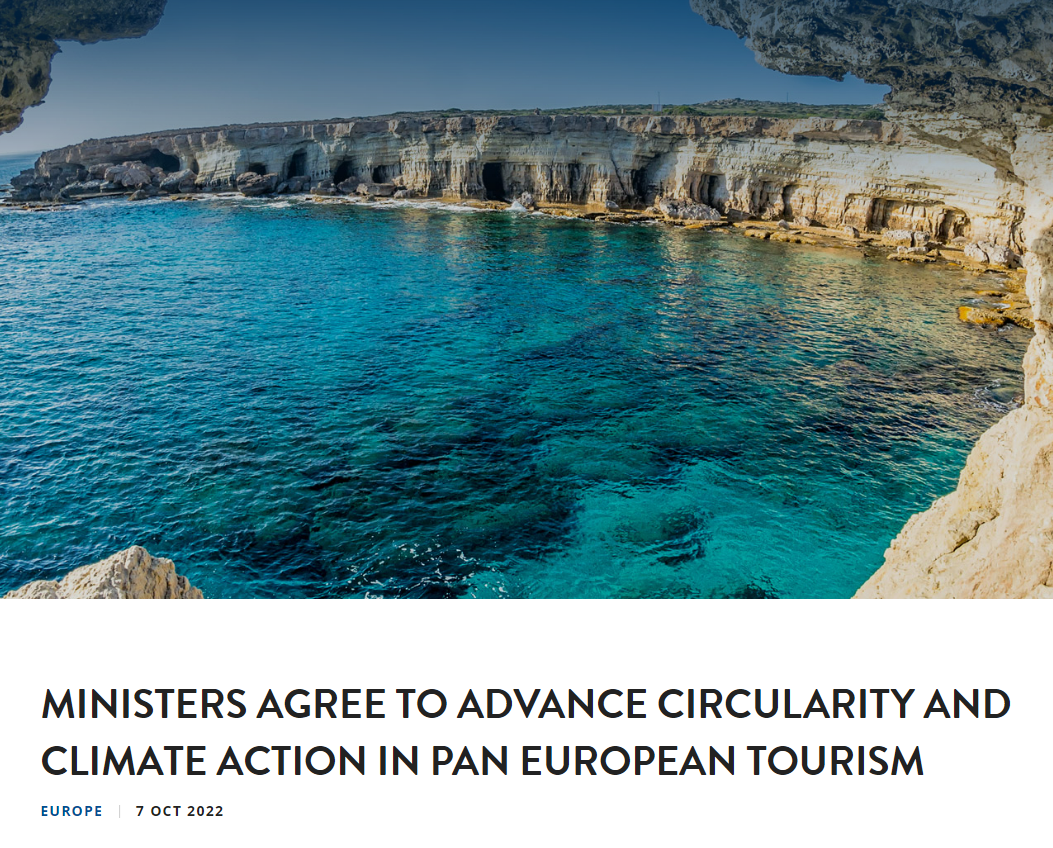Jet Fuel From Waste
A research project started by the University of Amsterdam and Circular Economy Consulting, working to develop carbon-neutral jet fuel from several organic waste streams that could not be reduced, reused, or recycled. JFFW will work towards UN Sustainable Development Goal 13 and CORSIA global targets for CO2 emissions reduction within the aviation sector and other industry stakeholders. The current processes for producing green jet fuel are based on the same theory as those used to create biodiesel for automobiles and commercial trucks. To manufacture synthetic fuel, virgin vegetable oils and used fats, oils, and grease are often used. Currently, it is more cost-effective to turn these oils and wastes into diesel rather than jet fuel, which necessitates an additional step and raises expenses.
Jet fuel consumption by US airlines is currently around 21 billion gallons annually, and by the middle of the century, demand is anticipated to double. They have agreed to reduce CO2 by 50% at the same time. Since the development of battery-powered aircraft for lengthy flights is still a long way off, significant attention has been paid to finding a sustainable replacement for the current jet fuel.
The creation of a substitute process capable of producing a competitive jet hydrocarbon from wastewater, animal dung, and food waste. Most of this substance, also known as wet waste, is currently converted into methane gas. However, there is a way to stop this process, producing volatile fatty acids (VFA) instead of CH4, which may be upgraded by catalytic conversion into two distinct types of sustainable paraffin.
They fulfilled the high rigours quality requirements that Federal authorities placed on aeroplane fuels when the two forms were mixed and blended 70% of the mixture with ordinary jet fuel. The new fuel has the potential to significantly impact emissions since it eliminates the methane that would otherwise bubble up from landfills if food waste were deposited, in addition to limiting the amount of CO2 produced by fossil fuels used by aeroplanes.
Another significant benefit is that this new fuel creates around 34% less soot than industry norms. This is crucial because soot contributes significantly to creating aeroplane contrails, which intensify the warming impact of CO2 from the engines.
A new approach to making jet fuel from food waste has the potential to massively reduce carbon emissions from flying.
Images
External source(s)







